Why does clutter creep back into your home, but not others? Interior Therapist reveals 5 psychological drivers (and fixes) for clutter-keeping
Understanding the psychology will free you from keeping hold of clutter you have struggled to part with
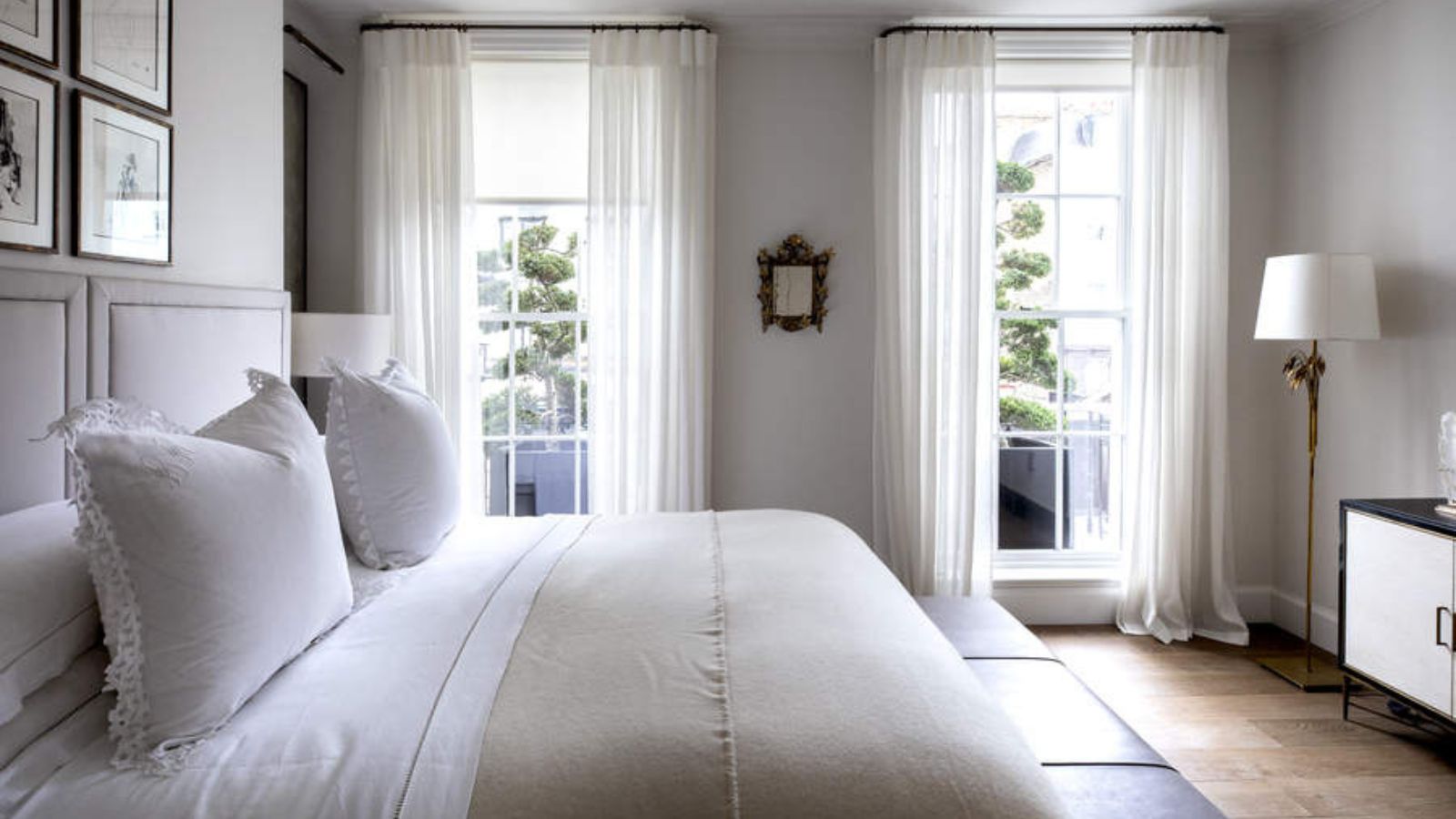
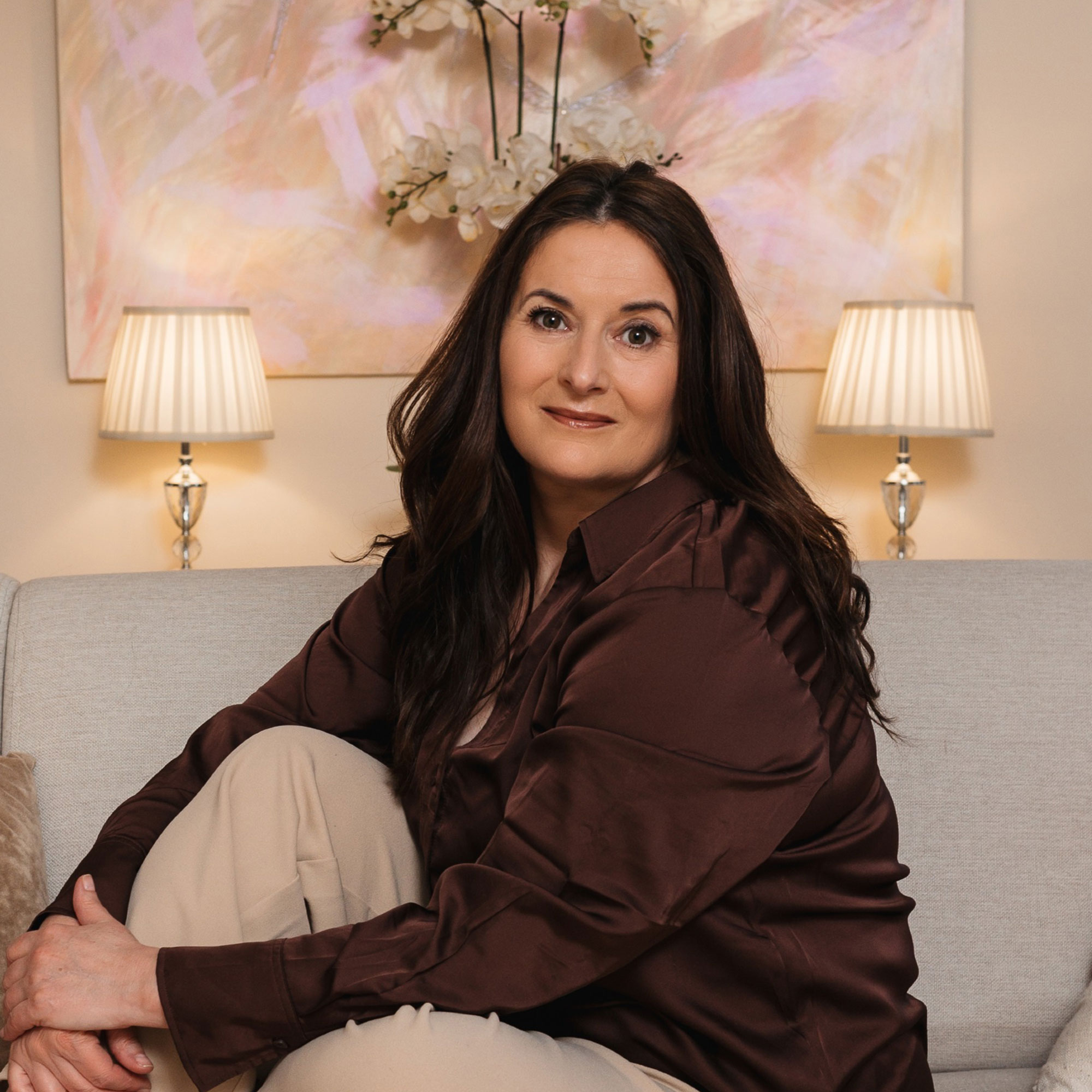
Do you struggle to keep your home clutter-free, or look at streamlined spaces and wonder how on earth people do it?
I'm an award-winning interiors therapist and one of the things I love about diving into this process with clients is how it quickly transforms their attitude to clutter, and usually, ushers in a new age of low tolerance for the chaos clutter brings and effective elimination and prevention.
In this guide, I reveal the five reasons I usually see individuals and families hold onto ‘stuff’. Once you understand your reasons and break down the 'why' behind retaining items you don't need or appreciate, it will become much easier to stick to decluttering golden rules.
The psychology of clutter
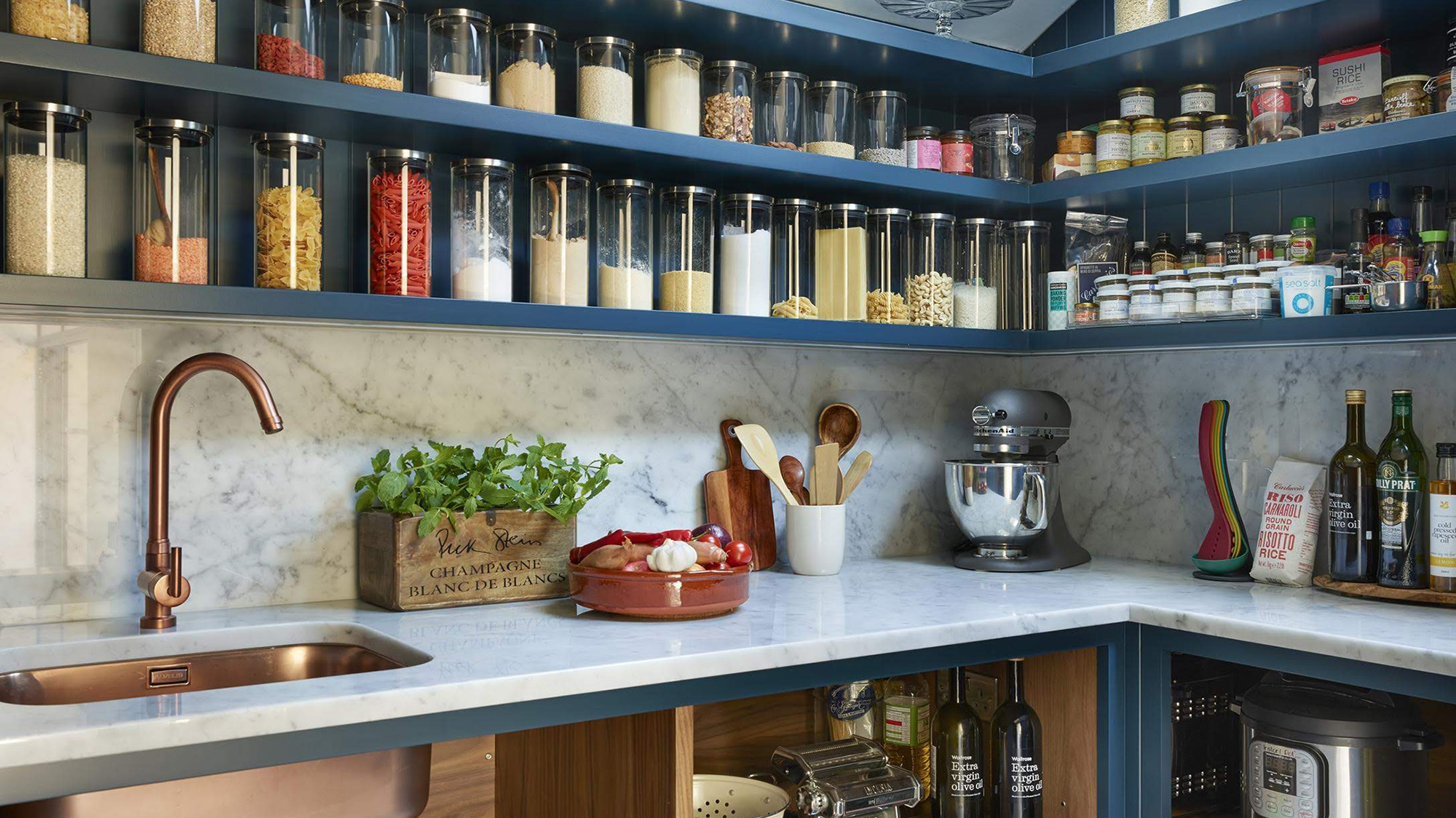
Before we go back to basics to explore the five psychological reasons people accumulate and keep clutter, and why some readers may find it so daunting to deal with, it's important to identify what precisely counts as clutter in a home.
This which will be unique to you and as they say, ‘One person's clutter is another's treasure’ and that’s absolutely true. Something completely obsolete in your life, may turn into the blessing of the year for someone else.
This is relevant because ‘clutter’ is not just about your extreme Tupperware challenge, or the pile of stuff behind the door, it can be décor items you don’t like, clothes which no longer suit you, bedlinen dating back to the 1970s which is still hogging the linen closet, surplus furniture and more, leading to losing control of clutter.
Sometimes it just takes a slightly different perspective to see things in a bright new light and realize just how destructive, inconvenient and often overwhelming living with clutter can be.
But, once it’s gone, you’ll discover life can be simpler and you can be happier, healthier and wealthier too.
So, let’s take a look at those five emotional drivers for the congested kitchen cabinets, catastrophic closets and spare rooms-of-doom found in homes across the globe.
1. Habit
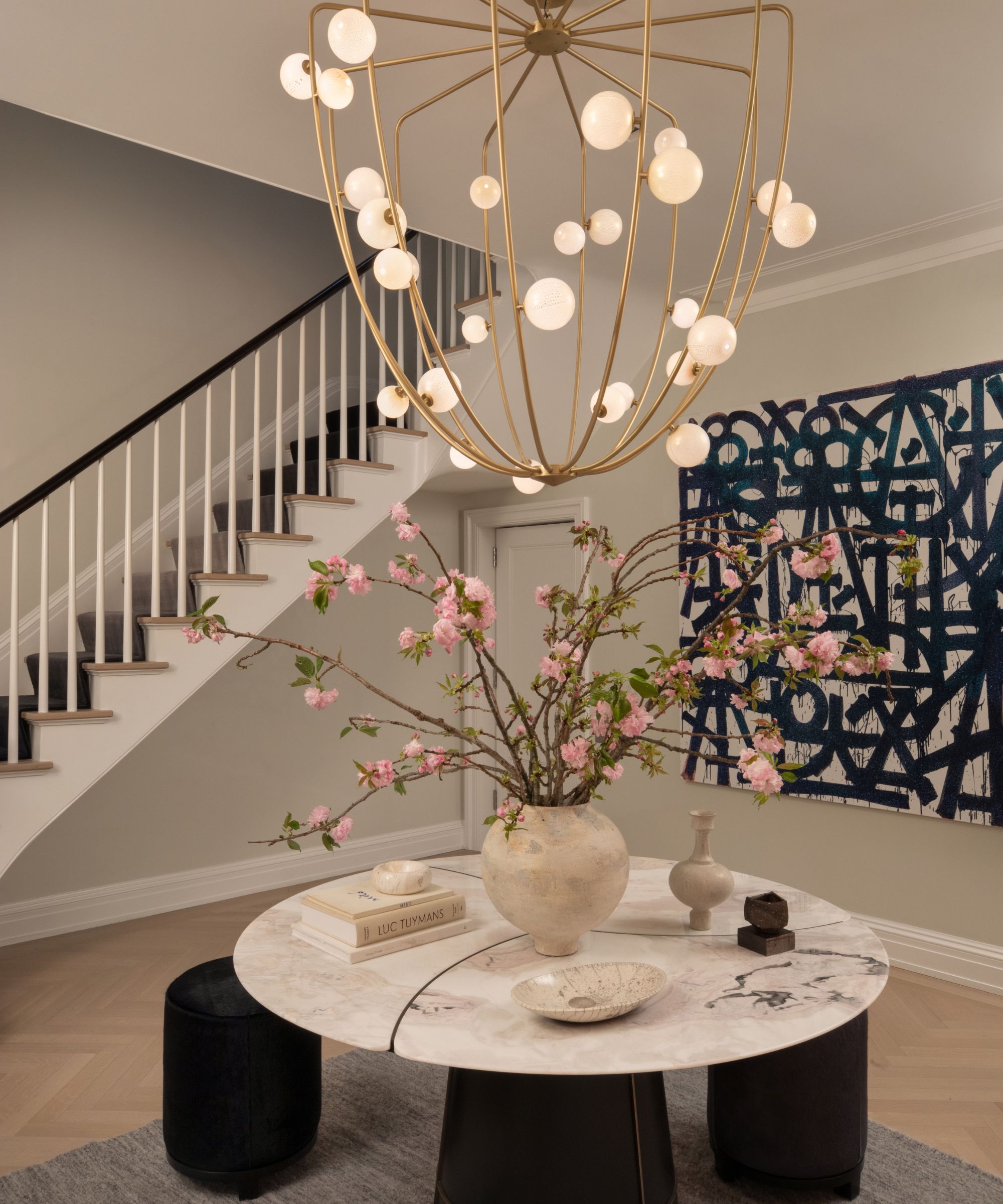
A beautiful, clutter-free lobby
When I’m working at Interiors Therapy with clients and doing a walkaround of their home, either in-person or on video, I’ll ask them lots of questions about the items they keep around them. Often, when we dig a little, they realize something is there only ‘because it’s always been there’.
One lovely executive had a bowl on the console table in her very glamourous lobby which didn’t seem to fit. She explained it had been in a similar place in the homes of her mother, grandmother and great-grandmother. When I asked her if she actually liked it, the answer was ‘no’. She had kept it through habit, even though it was ugly and didn’t suit her home or her lifestyle. She realized she owned other treasured mementoes of the important women in her life, and felt empowered to let the unattractive inherited item go.
Anything kept out of habit rather than appreciation is clogging up the energy in your home and will contribute to your feeling sluggish and out of sorts.
2. Fear

The fear aspect of clutter is what has you holding onto spare accessories for products you no longer own, crockery which hasn’t been used for years, 20 tablecloths for a table you never cover and even the random pieces of wood you've kept in the corner of the garage instead of organizing it.
This is the clutter people keep ‘just in case’ they need it one day. The thing is, this just-in-case attitude gets out of control to the extent that storage spaces are so full of items which might one day come in handy, there isn’t room for the possessions which are actually useful.
A great example of this is a cluttered garage so full of worthless bits and bobs, there isn’t room put your valuable car inside or use your garage shelves.
The same goes for garden rooms, studios and annexes and of course ‘junk rooms’ which add significant useable space to a home but are so often used to dump things rather than sort them out.
I recently met an older couple who wanted help to find a larger home in order to have their grandchildren to stay. They showed me around their current five bedroom home which was so crammed, they couldn’t see, let alone use, the space they already owned.
Some of the boxes and crates stored had been unopened since they moved in during the 1980s. They were afraid to let them go, just in case there was something special in there, but had never needed to look in the last 30 years. Their plan was to buy a home large enough to store those boxes and still have room for the family to visit.
Of course, it will be more cost-effective to deal with the stuff and reclaim the rooms they already have. They will be able to redecorate and carpet the entire property for less than the cost of the realtor’s fees, without the upheaval involved in moving home and starting afresh in a town where they could afford a much larger property.
3. Guilt
This is another monster emotion which attaches to clutter and means possessions are kept even if they are the equivalent of a virtual ball-and-chain holding someone firmly in an unhappy past.
Keeping anything because you feel guilty about letting it go, even if you don’t want it, is impacting you both practically and subconsciously. You are getting a double-whammy of unnecessary stress and it’s an easy-win to wave it goodbye.
We often find this type of clutter in the homes of people who are sentimental, and also those have worked in professions where they receive gifts, for instance a teacher or an influencer, or those with family and friends who visit with gifts and expect to see their offerings on display next time they pop round.
These items can accidently become unwanted collections “Oh we know you love Angels so we bought you another one” or result in buying display cabinets and shelves which take up floor space and make the home feel even more claustrophobic.
I know one teacher who takes boxes of ‘best teacher’ mugs, scented candles and other end of term gifts to a charity store hours away from her school on the first day of the summer holiday. Although she thinks the world of the children she teaches, she prefers a heartfelt note to a mass produced trinket. She chooses to make a mindful decision to release anything she doesn’t want rather than allow it into her home.
In some situations there may be guilt about having spent money on expensive clothes or other items which are not used but there is absolutely no point in keeping anything like this. The money is spent, there’s nothing you can do about it now, so find a new destination for those possessions and make room for greater happiness in your home.
The sense of keeping anything through guilt or obligation is also responsible for holding onto inherited items which were precious to our loved ones but have no relevance to us and is a decluttering mistake.
One client had almost a hundred framed photographs of sports teams her late husband had played for during the years before he met her. They were in the sitting room and up five flights of stairs, in very dominant black frames. They meant absolutely nothing to her, and their grown-up kids didn’t want them either.
The relief she felt after taking them down transformed her face, and the joy of clear walls boosted her enthusiasm to ditch the trophies, kit, programs and anything else which predated her marriage. What a relief! The fresh start has lifted her spirits in so many ways and it’s brought her unexpected opportunities and new friendships too.
If you are still holding onto things which don’t make you happy, and no other member of the family wants to take them off your hands, then I’d love for you to feel empowered to release anything you choose.
4. Confusion
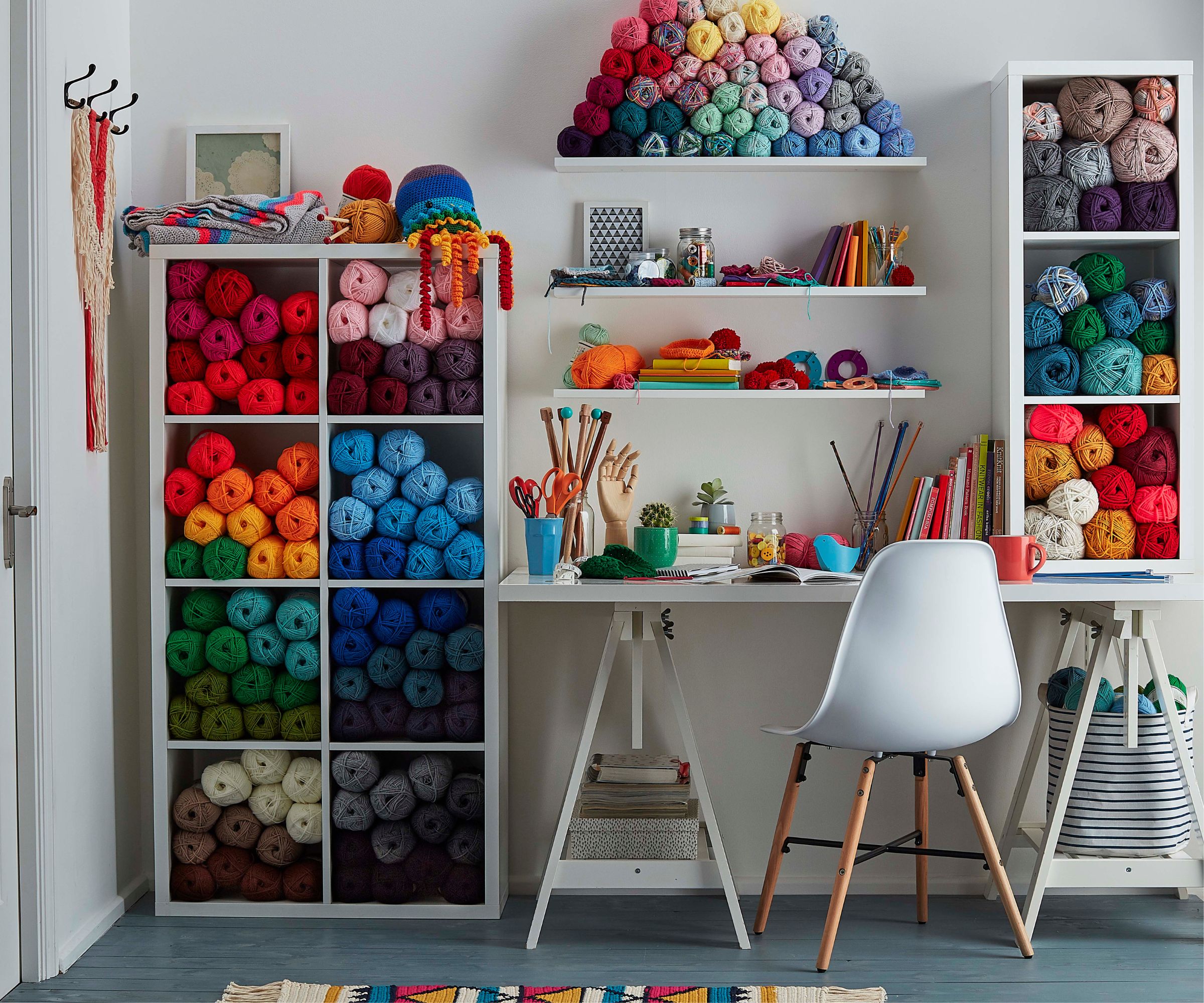
This is the stuff you don’t know what to do with, so rather than focus on making a decision, it all gets put to one side and the pile inevitably grows and becomes a problem in its own right. It’s pure procrastination, and bad for your mental and emotional wellbeing.
Past hobby and crafting items often fall into this category, as do unused kitchen appliances, gifts, mementoes, unloved art and things the kids made.
An easy way to move forward with this, or any other type of clutter is to ask yourself:
Do I need it?
Do I love it?
Do I use it?
If the answer to everything is ‘no’, The decision is made for you.
If you’re still dithering, ask yourself, ‘How does it serve me to keep this?’ You’ll often find it isn’t serving you at all, and again, it’s easy to part with something you’ve recognized is simply taking up valuable space in your home.
If you are storing the belongings of your adult children who have homes of their own, this is the time to take a stand and insist that they take responsibility for either relocating it to their own domain, or letting it go.
When someone else’s clutter is clogging up your space it’s not only disrespectful to you, it can cause overwhelm, decision fatigue and anxiety. Make a call and set a timescale for your offspring to sort it out with love and a firm boundary. You can be almost certain they will ditch 90% or more of it.
5. Spite

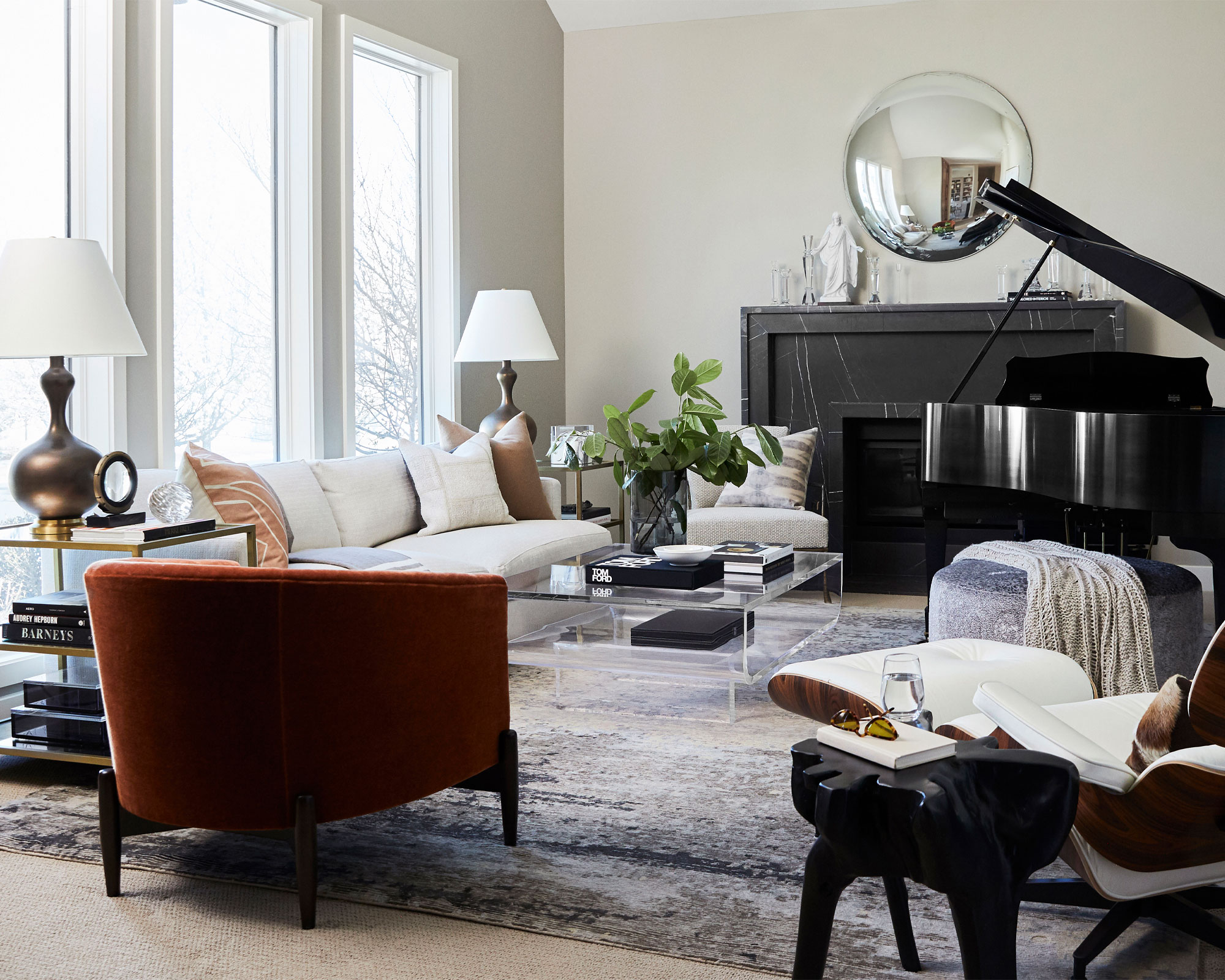
The fifth, final and by far the most unpleasant reason people hold onto things is spite. By its very nature, spite is a vindictive and poisonous justification for retaining anything which is either not legitimately yours or is important to someone else.
Getting divorced is a particularly fertile time for this type of clutter, and it never helps anyone to use previously shared possessions or personal belongings as a bargaining tool or a means of getting revenge.
I feel very strongly about this, because for years I have worked with women who are divorced and still feel very bitter about the end of their marriage even years later. Their attitude to their ex is exacerbated because they retained things which were important to their previous partner believing it would hurt or annoy them.
Of course, this backfires every time. The ex-partner moves on and finds new happiness, whilst bitterness can swallow up the person who lives with a daily reminder of a desire to deliberately hurt someone else.
I’ve known people who have refused to hand over family heirlooms like rocking chairs, christening gowns and even a grand piano (she couldn’t play it and didn't have a music room) believing they had won a warped victory over their ex.
When I’m working with them, we either return it, or, if that’s not possible, release it along with the toxic energy it contains from the home. It’s breathtakingly effective in lifting the vibe and opening the way to a healthy new love.
I’ve also come across items which have been retained after the death of a parent, to prevent a sibling or someone else from having them. Again, this isn’t good for your wellbeing or the happiness of your home. Send them to wherever they meant to be and welcome a more positive energy into your life.
5 ways to release your 'stuff'
- Always recycle everything possible – this might be through charity, Goodwill or by sending possessions to resale sites. More are springing up every day, some of which make an immediate payment, while others pay only if your item sells.
- If you have a lot of stuff, some charities will collect, but you could also consider a local house clearance service. You have to pay if the items they take away are of little or no monetary value, so make sure you have clarity about the costs, and any bonus if your items are subsequently sold.
- Sell or give away through local marketplaces like, Gumtree, Craigs List, Facebook Marketplace, and eBay. Be mindful of scammers and aware that you are unlikely to achieve a high price. This can be time consuming, so set yourself a deadline and if the items aren’t sold, pass them on to charity rather than having them clog up your home any longer.
- Gift anything you are sure a friend or relative will appreciate. Please don’t use this as an excuse to offload your clutter onto someone who will feel obligated to keep it. Once you’ve passed it on, you can have no expectation or control over what they will do with it.
- As a last resort, send it to trash. This should only be necessary for damaged or obsolete items, or for personalized mementoes which have no viable use to anyone else.
Start with one room and go from there, and before long, your home will be the clutter-free start you deserve.
To maintain it going forward, try the 1 in, 10 out decluttering rule to help you mindfully shop and keep clearing your home of things that no longer serve you, or declutter as you go.
Sign up to the Homes & Gardens newsletter
Design expertise in your inbox – from inspiring decorating ideas and beautiful celebrity homes to practical gardening advice and shopping round-ups.

Suzanne is an Interiors Therapist, Feng Shui consultant, and author of Welcome Home, how stuff makes or breaks your relationship. She specializes in understanding the energetic impact of homes and certain possessions may have on all aspects of life, health and relationships, and the ways in which ‘stuff’ can actively prevent people and families from thriving and enjoying the lifestyle they deserve.
-
 5 fast-growing tiny flowers – expert recommendations to fill your pots and borders with color in record time
5 fast-growing tiny flowers – expert recommendations to fill your pots and borders with color in record timeThese fast-growing tiny flowers prove that miniature can also be marvelous
By Thomas Rutter
-
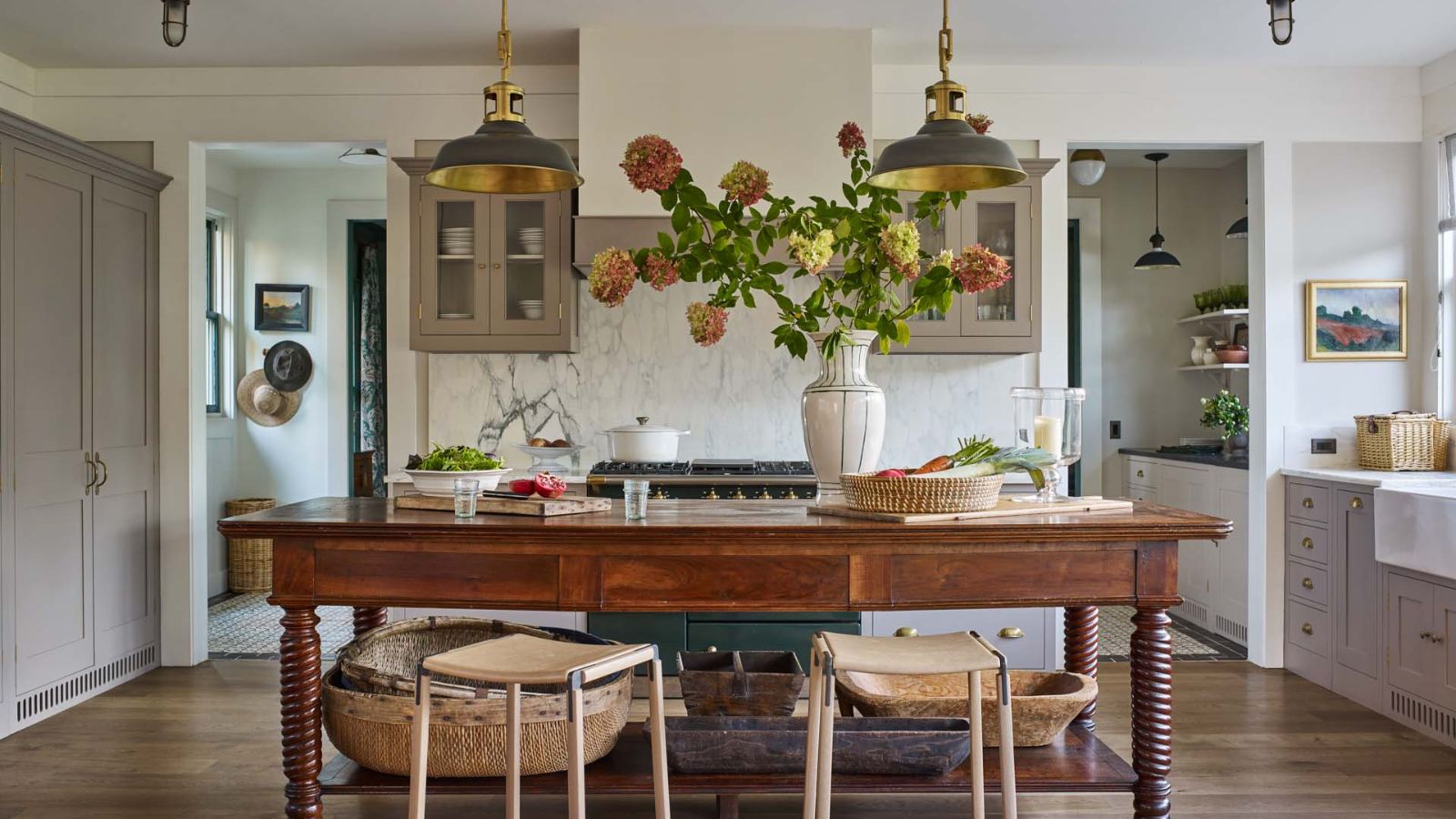 Midimalist kitchens are the trending way to create a characterful yet clutter-free space – and these 8 spaces prove how chic this best of both worlds style can be
Midimalist kitchens are the trending way to create a characterful yet clutter-free space – and these 8 spaces prove how chic this best of both worlds style can beIt's the go-to kitchen style for a balance of busy and simplistic design
By Molly Malsom